I just got back from a fascinating conference about the state of STEM in U.S. schools, sponsored by U.S. News and World Report. I was compelled by the idea of making STEM matter in schools; as a middle school teacher, I know this is the prime time to hook kids into STEM. This is the third of a three-part part series on STEM in U.S. education; you can read part one about the state of STEM in U.S. schools here, and part two about The STEM Revolution in Higher Education here.
So we know the state of STEM in U.S. schools: not great. And we know that higher education is extremely interested in creating a STEM Revolution in their programs. The trick for educators? Making STEM matter in schools.
The Value of Experiential Learning and Grand Challenges
On of the most expedient methods for making STEM matter in schools is through the value of experiential learning and grand challenges. What does that mean? It means creating programs in schools that help girls and minority students engage in real-world problems. Having a student identify an issue or problem in their school, their community, their country or their world and devise a way to solve it is real life learning, the kind that leaves a lasting impression. Problem-solving, collaboration, critical thinking along with academic skills allow students to experience what life will be like outside the walls of the school. Giving kids a challenge is a step in the right direction, but the real power comes from students identifying their own concerns, and integrating service-learning and inquiry into their solution.
Many schools around the country are incorporating project-based learning and inquiry strategies as part of the Common Core curriculum. Innovators such as Linnea Garrett, School Director of Chicago Tech Academy, Matt Dozier, President and CEO of the EAST Initiative, a non-profit that provides sophisticated technology to classrooms, which students use to develop community service projects, William Oakes, Ph.D., Director of the EPICS Program and a founding faculty members of the School of Engineering Education at Purdue University. and Carol O’Donnell, Ed.D., Director, Smithsonian Science Education Center are examples of academic institutions striving to make STEM matter in schools in creative, exciting and innovative ways.
Sparking Girls’ Interest In STEM
We know that women and minority groups are underrepresented in STEM both in schools and the work force. In fact, according to U.S. News STEM Solutions, “research shows that many girls lose interest in STEM in middle and high school, and even those who start college eager to major in the field don’t stick with it. One recent study found that women are 1.5 times more likely to drop out of STEM fields after Calculus I than men, while other findings demonstrate conscious and subconscious bias as having a dramatic effect on female students and employees engaging and advancing in the fields.”
To make STEM matter in schools, powerful women like Elzandi Oosthuizen,vice president of global strategy at Monsanto Co., Erika Ebbel Angle, Ph.D., founder of Science from Scientists (SfS), an “award-winning National STEM non-profit that sends real, charismatic scientists into classrooms, during school, to teach curriculum-relevant, hands-on science”, Jessica Rannow, President, Society of Women Engineers, Vilavanh Sanginthirath, Co-Managing Director of Girls in Tech San Diego, the Founder and CEO of Powerhouse Business Solutions, LLC, and Cindy Moss, Ph.D., Senior Director of Global STEM Initiatives, Discovery Education, believe in some common STEM ‘dispositions’ of being: persistent, metacognitive, life-long learners, communicative and collaborative, altruistic, inquisitive and problem solvers. Unfortunately, these qualities are so often overlooked in favor of teaching the content; I would argue that if we focus on the dispositions first and weave the content in second, we can engage and excite all students and make STEM matter in schools. How often do we teach failure as a First Attempt In Learning? Far too often we are looking at the result of our students fearing failure over an unhealthy desire to be perfect.
How can parents and teachers encourage girls to develop STEM dispositions?
71% of new jobs will heavily rely on computing skills. Now 50% of jobs use STEM. Less than 25% of schools teach modern computer science classes. However, there are some practical ways parents and teachers can help make STEM matter in school:
- Have parents participate with kids
- Learn the behind the scenes, not just what’s in front of you on the computer. As a parent embrace it. Teachers integrate into the community, learn about your resources.
- Find ways to encourage curiosity, critical thinking and foster courage.
- Partner with private sector to find role models
- Make real world connections
- Be careful what you say – children look up to you.
- Push. at the beginning it’s hard. If they have potential, push them. Provide support and encouragement.
- check out TCS, Discovery Education Launch ‘Ignite My Future in School …
How can we encourage girls to develop technology skills?
- Give courage and guidance- it’s ok to take risks and pursue their passion.
- Understand and know where your resources are and tap into them – coding academies
- Update curriculum frameworks. The system is preventing it being taught. Supply schools with computers.
- Girls want careers that change the world. What does not rely on engineering? Making engineering more relatable
- Utilize Computer Science | Computing | Khan Academy
Why does STEM matter to your students? How is your organization working to mentor girls considering entering the STEM pipeline?
- Be mentors. Marian Wright Edelman said: ‘You can’t be what you can’t see”.
- Stop asking kids what they want to be and start asking what kinds of problems they want to solve.
What ideas do you have for making STEM matter in schools? Please add them in the comments below.
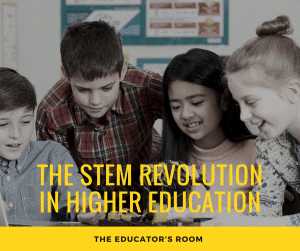

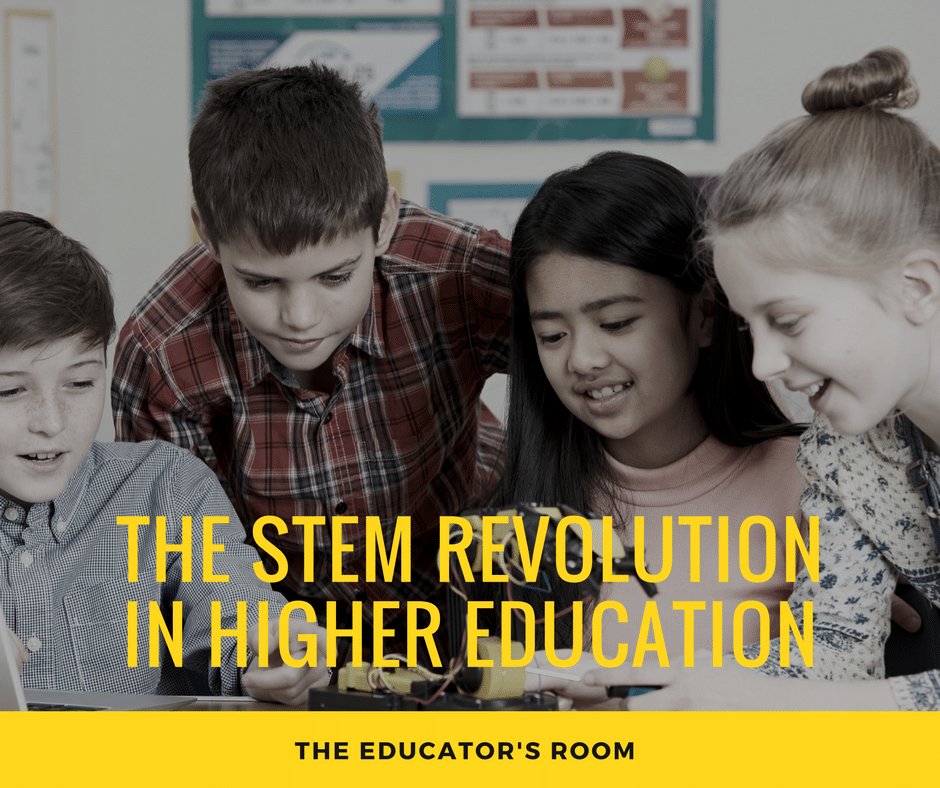

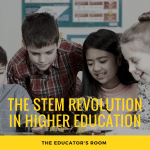
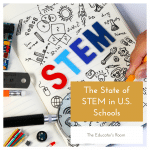

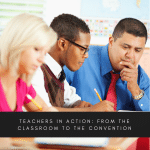
Thank you for writing about our panel discussion at the US New STEM Solutions Conference and sharing all the thoughts and ideas that came about. We’re making some headway in our community and I’m happy to share your article with all the teachers and superintendents I know.
Thank you Vilavanh! We’d love for you to share out articles.
Probably the best line is the last bulleted point…